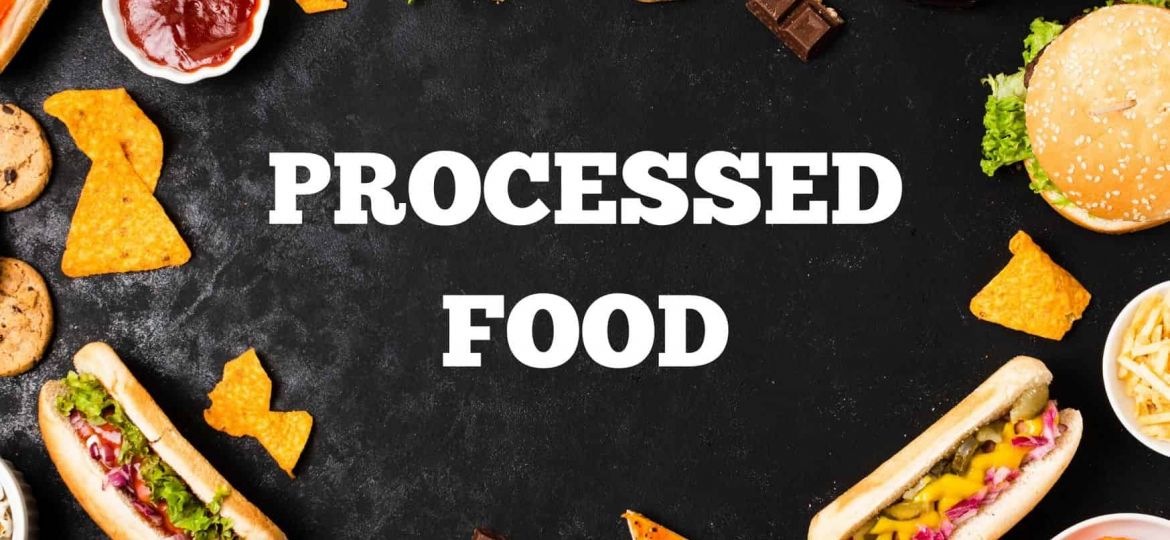
Processed Food: The Dark Side of the Food Industry
Posted on July 5, 2023
Junk Food: The Dark Side of the Food Industry
Directed by Phillipe Mach and Francoises Weilheimer (2023)
DW
Film Review
The Film is based mainly on interviews with clinicians and clients at the University of Lausanne obesity clinic; with best selling author of Salt, Sugar and Fat Michael Moss with a Nestlé public relations officer; and with Mexico’s deputy minister of health. In my view, its main drawback has been its failure to differentiate between the harmful effect of sugar and seed-based oils and salt. There’s no reliable research indicating that consuming salt is harmful, and more than a decade of research supports a healthy diet consisting of at least 30% animal fats and olive or coconut oils.
According to the filmmakers, one beneficial outcome of the Covid psyops has been a growing popular focus on healthy eating.
In Switzerland, the home of the world’s biggest food company (Nestlé) M 42% of the population is overweight and 10% obese. In Mexico, which has one of the highest rates of childhood obesity in the world, 75% of adults are overweight or obese. This contrasts with a 7% obesity rates in 1980. According to the ministry of health, 1/3 third of Mexican deaths stem from “poor nutrition” (unhealthy).
Filmmakers link this massive increase to the passage of the North American Free Trade Act (NAFTA) in 1994 and US decision to flood the Mexican market with junk food. The Mexican government has tried to counteract this move with a sugar tax, a ban on junk food ads aimed at children and warning labels on foods with unhealthy levels of sugar. The laws have been effective in forcing several companies to reduce the sugar content of their processed. Mexico’s deputy minister of health, a doctor, views legal challenges to these labeling laws by observing as proof of the contempt multinational food companies have for poor people.
At present, fifty countries have a sugar tax, which has been extremely effective in forcing food companies to reduce the sugar content of their products. Thanks to heavy lobbying by Nestlé, the Swiss government, facing an $8 billion price tag for the country’s obesity epidemic, resists a sugar tax.
Processed food producers have invested years of research into the addictive potential of sugar. Not only do lab rats consistently prefer sugar to cocaine, but brain changes occur in sugar addicts similar to those produced in alcohol, tobacco and cocaine addiction.
Food industry scientists also talk about engineering “cravability, “morishness,” and the 80-20 rule, they can induce via sugar additives and sophisticated marketing. The latter relates to findings that 20% of the population eats 80% of their product. Nestlé denies any responsibility in promoting junk food addictions, asserting it’s government’s responsibility to educate consumers about more nutritional food choices.
Thanks to heavy lobbying by Nestlé, the Swiss government filed a formal objection to Mexico’s policy of labeling harmful junk foods.*
*However thanks to the law, the company has reduced the sugar content of the junk food they export to Mexico.
THANKS TO: https://stuartbramhall.wordpress.com/2023/07/05/processed-food-the-dark-side-of-the-food-industry/






 Sat Mar 23, 2024 11:33 pm by globalturbo
Sat Mar 23, 2024 11:33 pm by globalturbo

